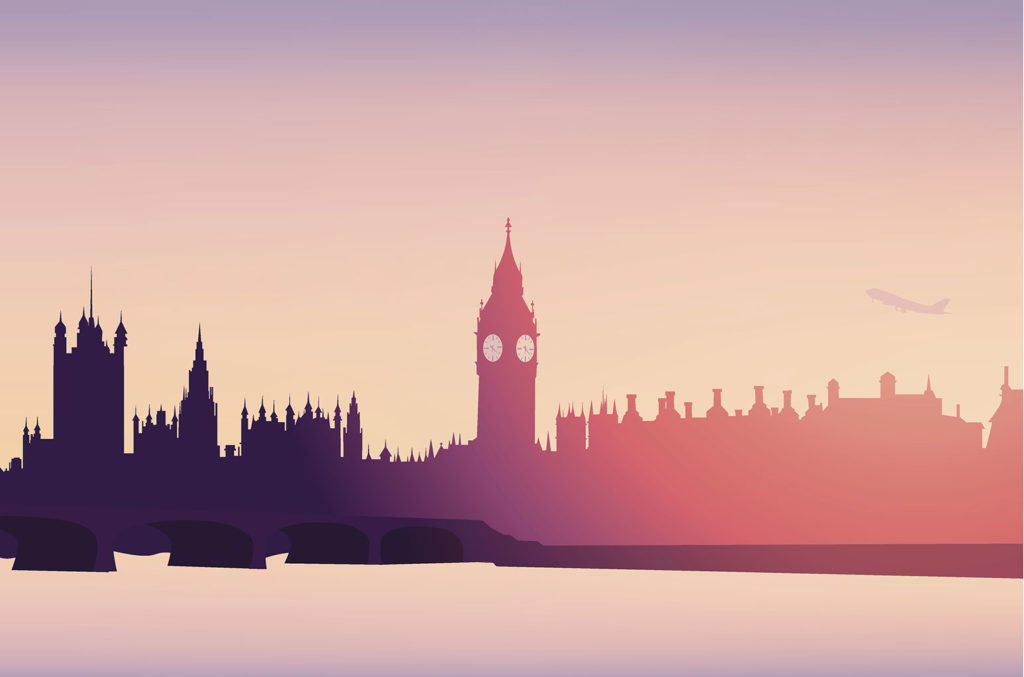U.K. Musicians’ Union Launches Coronavirus Hardship Fund to support those in need.
LONDON — Tour cancellations and the suspension of live performances as a result of coronavirus have already cost U.K. musicians an estimated £14 million ($16.1 million) in lost earnings, according to early research by the Musicians’ Union.
The U.K. organization surveyed its 35,000 members about the impact of the pandemic. More than 4,000 have so far responded with 90% saying that their work has been affected. Job opportunities are down 69% on last year.
“Musicians, whether they work in theatre, teaching, orchestras [or] gig-playing, will feel the full financial force of this global disaster. Already, we have seen job opportunities drop by more than two thirds, and sadly this will only accelerate,” warned Musicians’ Union general secretary Horace Trubridge.
To support its members the London-based organization has today (Mar. 23) launched a £1 million ($1.1 million) ‘Coronavirus Hardship Fund’ which will offer £200 ($230) grants to musicians facing financial hardship in the wake of COVID-19.
Trubridge also called on the U.K. government to provide wider clarity on how it can support British musicians, many of whom are self-employed. Trubridge said the record industry needed “to play its part too” in supporting the live music sector, which has been left devastated by the coronavirus shutdown.
On Friday (Mar. 20), British Chancellor Rishi Sunak announced a huge economic rescue package that will see the government pay 80% of people’s salaries, up to £2,500 ($2,875) a month, if they cannot work due to the outbreak.
Those measures only apply to employed staff, however, not freelance or self-employed workers who make up around 72% of the British music industry, according to umbrella trade organization UK Music.
So far, the only concessions to support self-employed and freelancers during the crisis are tax deferrals and access to Universal Credit at a rate equivalent to Statutory Sick Pay, currently set at £94.25 ($107.59) per week.
“While we welcome the much-needed help for those who are traditionally employed, the government’s proposals fall far short of the lifeline needed by the self-employed in the music industry and creative sector,” said UK Music acting CEO Tom Kiehl.
Paul Pacifico, CEO of AIM (The Association of Independent Music) said self-employed musicians had been left “high and dry” by the government’s rescue package.
In response, the Creative Industries Federation sent the British chancellor an open letter, signed by AIM, Musicians’ Union, UK Music and Featured Artists Coalition, calling for him to address the “worrying inequity” between employed and self-employed workers.
In the meantime, more than 7,000 people have signed AIM’s petition to create a Temporary Income Protection Fund for freelancers and self-employed workers.
The Music Managers Forum has also launched a questionnaire examining the impact COVID-19 on artists and their representatives.


